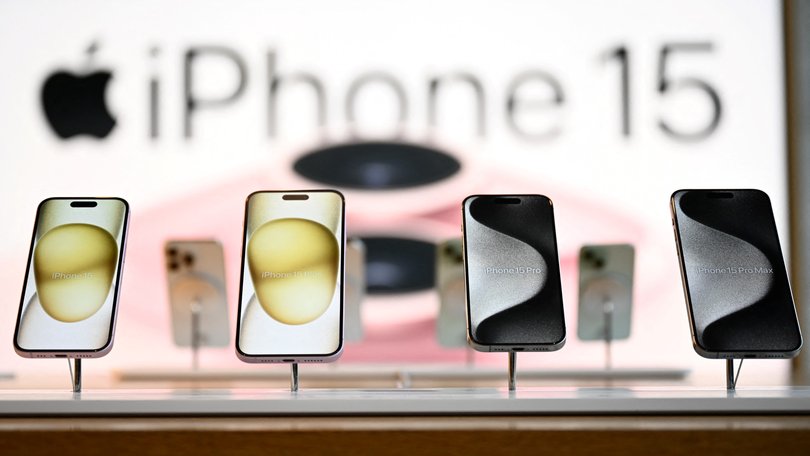Apple changing way iPhone handles calls and messages with AI features but leaves Siri behind for now
Artificial intelligence will dominate several software updates across Apple’s smartphones, tablets and computers unveiled overnight.

Artificial intelligence technology will be used to screen unknown phone calls, translate messages in real time, and guide runners through their workouts, but it is not yet ready to take Apple’s voice assistant to the next level.
The US tech giant revealed plans for future AI features at its Worldwide Developers Conference in California on Tuesday, unveiling a host of upcoming software additions for its smartphones, tablets and computers.
But the company also revealed it would need “more time” to boost the capabilities of its voice assistant Siri using AI in a move that one analyst said would surprise the market.
Sign up to The Nightly's newsletters.
Get the first look at the digital newspaper, curated daily stories and breaking headlines delivered to your inbox.
By continuing you agree to our Terms and Privacy Policy.Despite the delay, artificial intelligence dominated software enhancements announced at the event, ranging from a major design change to the way devices handle messages and phone calls.
Apple software engineering senior vice-president Craig Federighi said AI software would be key to changing the way people used personal technology.
“Last year we took the first steps on a journey to bring users intelligence that’s helpful, relevant, easy to use and right where users need it,” he said.
“Now the models that power Apple Intelligence are becoming more capable and efficient, and we’re integrating features in even more places across each of our operating systems.”
AI features coming to Apple devices will include Call Screening that automatically answers and collects details from unknown callers, Live Translation that will work with foreign languages in messages and phone calls, and changes to let users search the web for images they see on screen.
Exercise, including indoor and outdoor runs, will also get an AI boost with a feature called Workout Buddy that promises to use personal fitness history to tailor sessions, and future Apple software releases will feature a translucent design called Liquid Glass and be renamed for the year.
Developers would also be given access to Apple’s on-device AI model to create apps, Mr Federghi said, shortly after revealing the company was not yet ready to expand Siri’s capabilities using AI.
“We’re continuing our work to deliver the features that make Siri even more personal,” he told the audience.
“This work needed more time to reach our high-quality bar and we look forward to sharing more about it in the coming year.”
The company’s failure to boost its assistant with AI was a surprise, Creative Strategies technology analyst Carolina Milanesi told AAP, even though Apple had demonstrated a sweeping plan to integrate AI technology in its platforms.
“I don’t think what the analysts expected and what Apple delivered was the same,” she said.
“What Siri would deliver is a more personal experience but it doesn’t mean that Apple doesn’t have intelligence now.”
Other Apple software changes announced at the event included customisable app windows on iPads, a dedicated Games app, and the release of MacOS Tahoe that will be the last to support Intel-based computers.
Apple’s announcements come after rival Google unveiled a suite of AI changes at its annual software conference in May and weeks before Samsung is expected to launch AI features inside a new folding phone.
*This AAP article was made possible with the support of Apple
